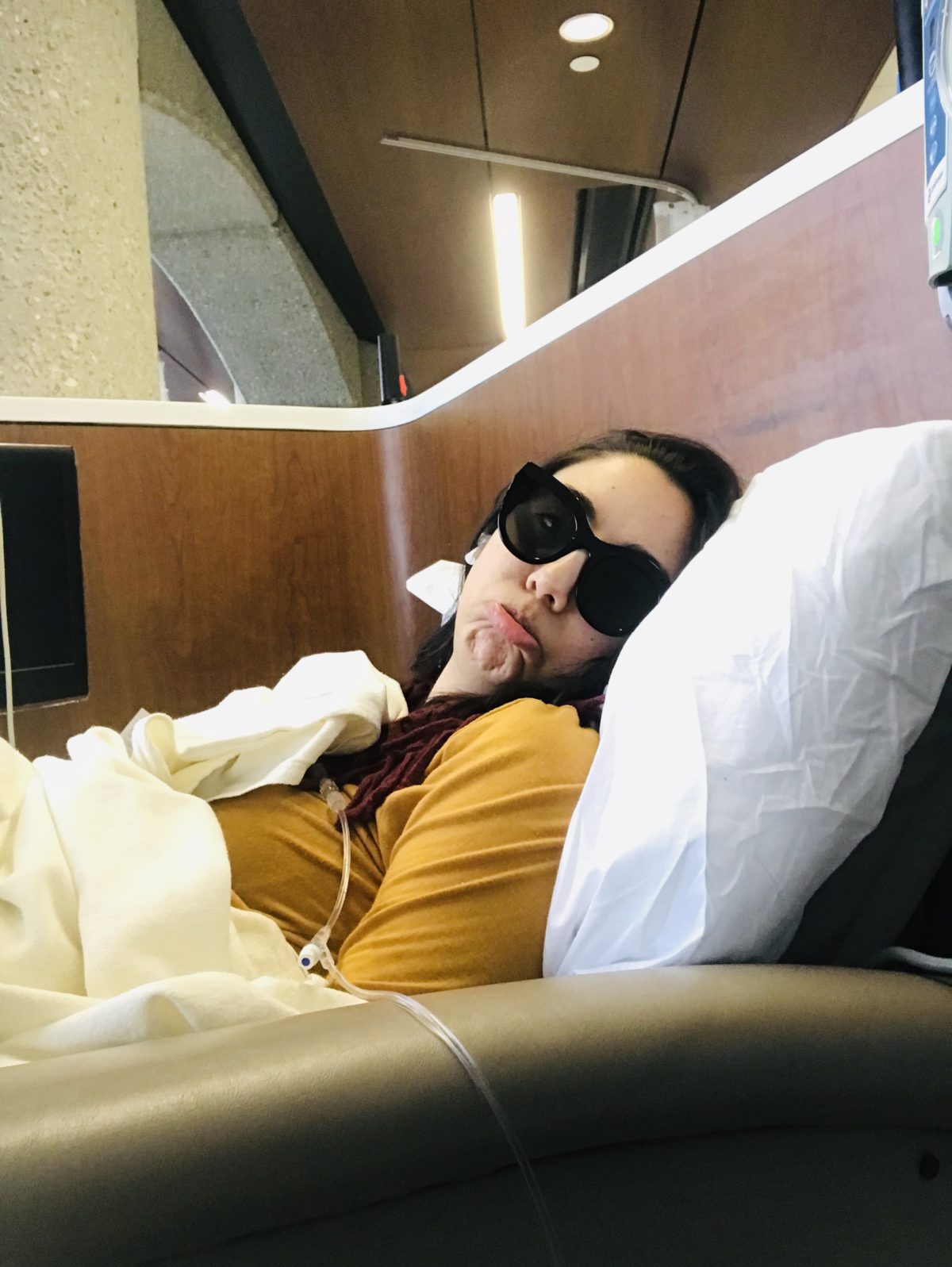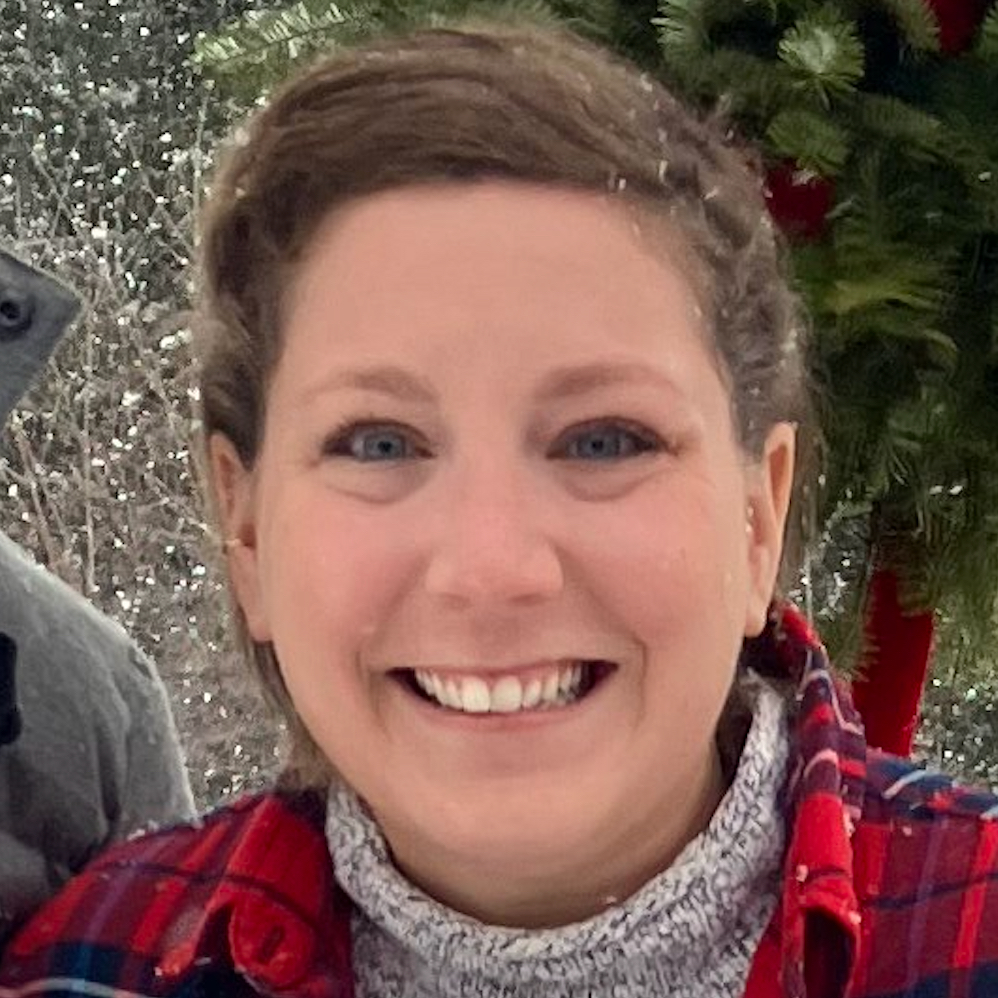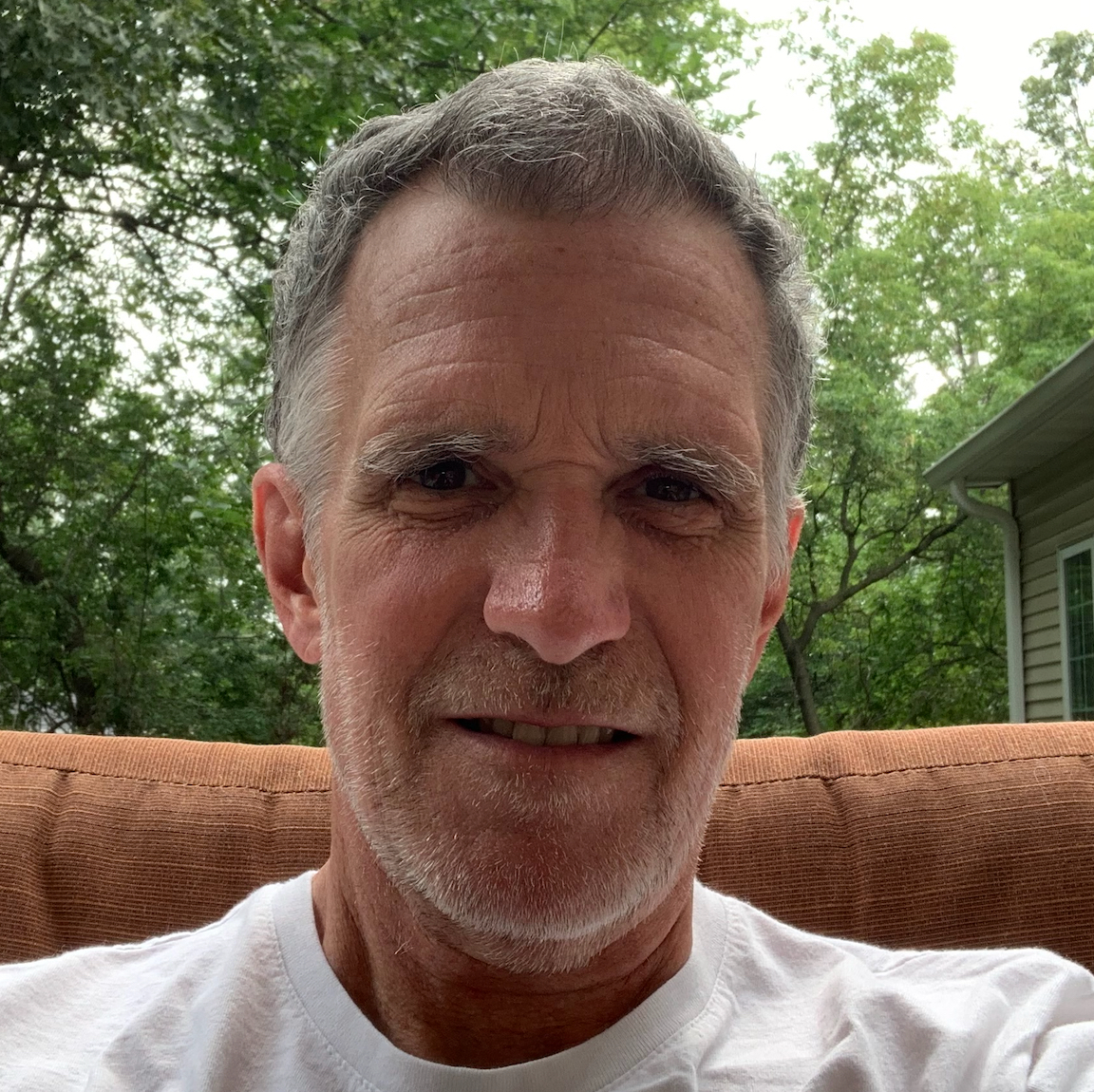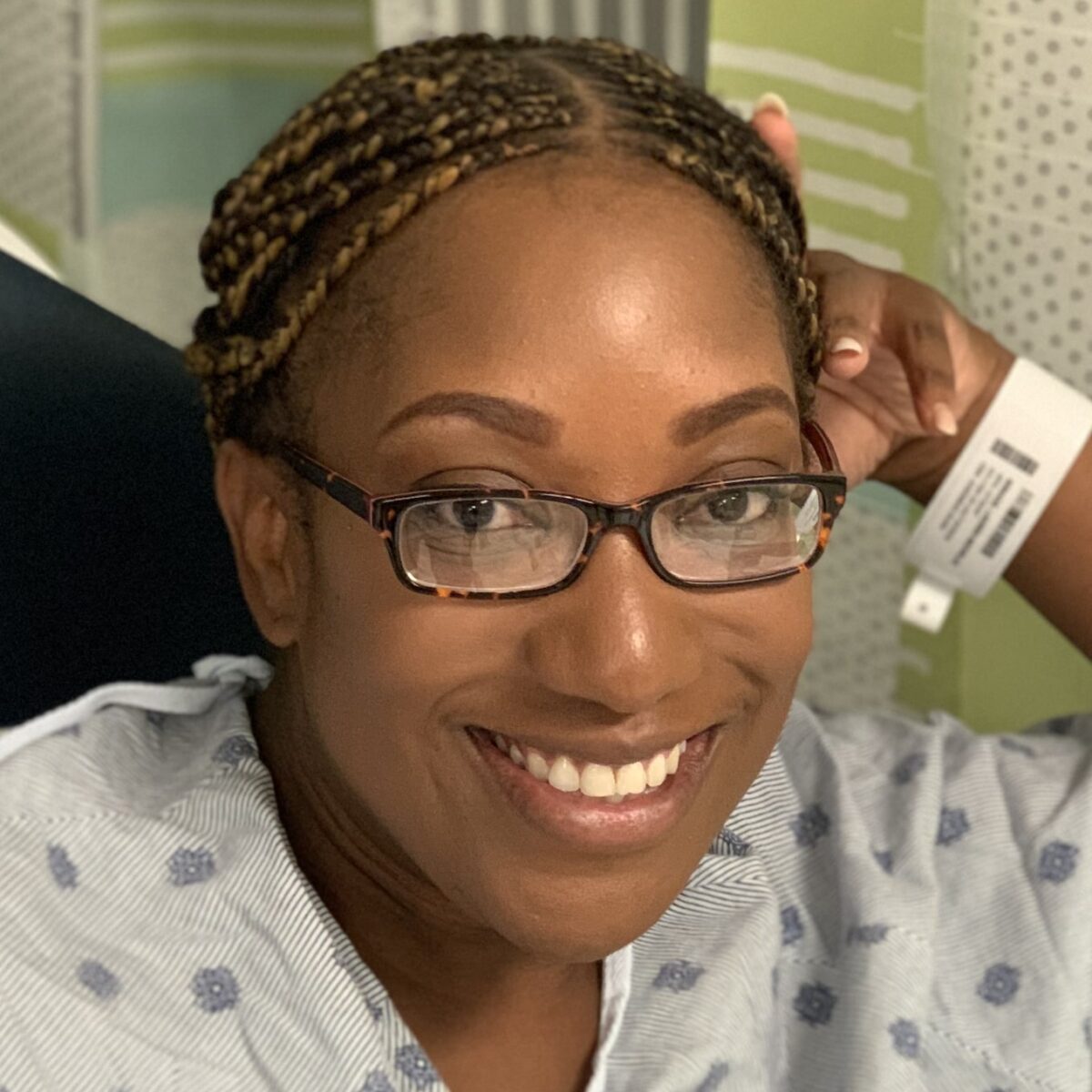Oxaliplatin Side Effects & Patient Experiences
What Is Oxaliplatin?
Oxaliplatin, also known by the trade name Eloxatin, is a member of the class of chemotherapy drugs used to treat advanced stages of colorectal cancer. It’s also specifically used in patients undergoing adjuvant therapy who’ve already had surgery to remove stage 3 colon cancer.
There are studies ongoing for potential use of oxaliplatin in other cancers. Here’s a list of NCI-supported ongoing clinical trials involving oxaliplatin.
Explore below for more details on this chemotherapy, oxaliplatin side effects, and patient experiences.
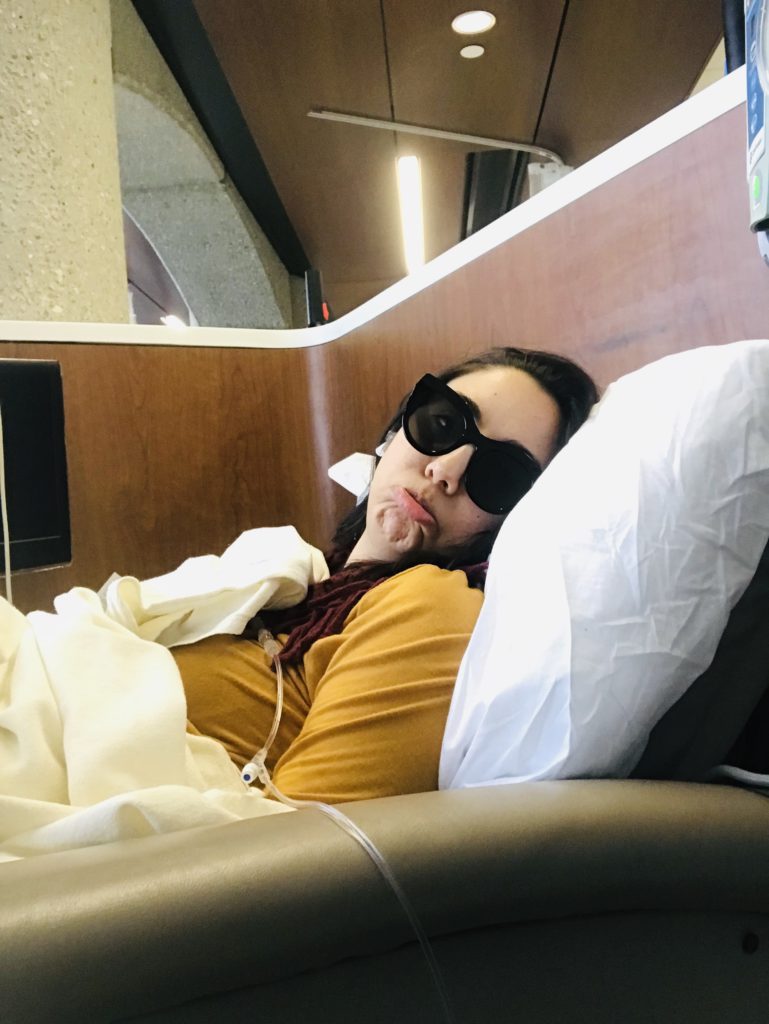
How Is Oxaliplatin Administered?
Oxaliplatin is platinum-based chemo that is given via IV, or intravenously, and is not available in pill form.
Like other chemotherapy drugs, oxaliplatin is often given in combination with other chemo drugs, for example, folinic acid and fluorouracil.
Oxaliplatin Side Effects
If you or a loved one want to prepare and learn about oxaliplatin (Eloxatin) neuropathy, oxaliplatin cold sensitivity, and other side effects, review this list of reported side effects. Some common oxaliplatin side effects include:
- loss of appetite
- fatigue
- low blood counts
- mouth sores
- diarrhea
- nausea and vomiting
- numbness and tingling (neuropathy)
Oxaliplatin Patient Experiences
Here’s what cancer patients had to say about their experiences with oxaliplatin:

“I had the rest of the chemo with something called FOLFOX, 5FU, oxaliplatin, Leucovorin.
One of the side effects from all the platinum-based drugs, like oxaliplatin which is in FOLFOX, is peripheral neuropathy. For me, it was miserable at the time.I know people who had oxaliplatin and who’ve had neuropathy for years, afterwards.
Fortunately, for me, it went away fairly quickly, even to the point where I was able to play guitar in a band two years after my treatments ended. My fingers were still nimble, but for other people, there’s pain and tingling for years afterward.”
Lee J. (Metastatic Colon Cancer, Stage 4, Recurrence)

“You don’t lose all of your hair but it does thin out quite a bit.
It’s almost like you have an allergy or an allergic reaction to cold. I remember one day getting into the car with my husband and it was a really hot day. And so I put the air vents on me and that cold air hitting me in my face.
All of a sudden I started to feel like I couldn’t breathe. I thought something was wrong with like, maybe I was getting too much chemo and I made my husband take me back to the clinic and I told them I’m like something’s wrong. Something’s happening.
They gave me Benadryl and then she said it was because I had put the cold air directly on my face. So that’s the biggest side effect. Obviously there’s nausea, which is very, very common and in most chemos.
Fatigue, I had to really learn my limits with that. Your body is just aching. It’s like almost you could feel it in your bones. It’s like your skin is sensitive. So it’s not fun.
I’d have one what I called my good week, which was my week off of chemo, and then my bad week, so every other week.”
Lindsay D. (Colon Cancer, Stage 4, Relapse)
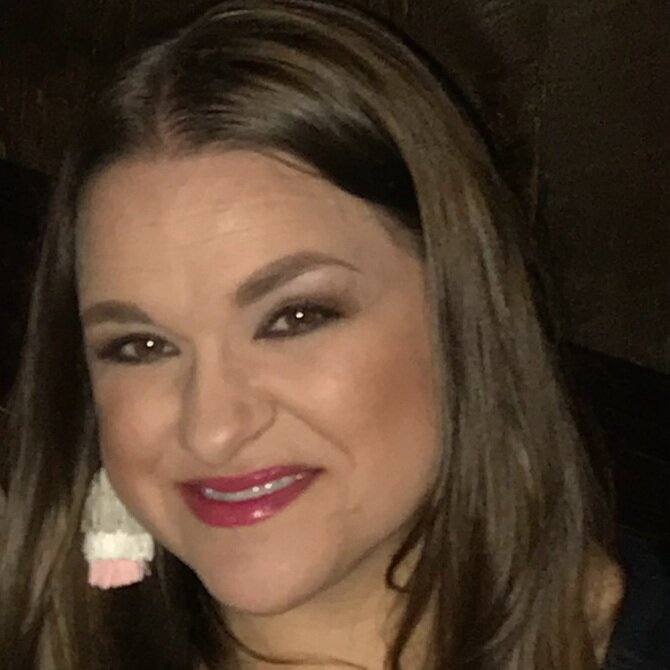
“First it was oxaliplatin. It was so tough without a port. It caused nerve damage in my arm, so then I got a port and did 5FU, which is Fluorouracil.
I had decided against a port because the way it was explained to me made it sound awful and scary, but I probably should have gotten one initially.”
Jackie S. (Rectal Cancer, Adenocarcinoma, Stage 3B to Stage 4, Lynch Syndrome)

“I was on oxaliplatin which was my infusion. I started on one regimen, FOLFOX, then went to capecitabine.
To say I was sick would be an understatement. I would get violently ill. Then I chose to do the oral chemo along with the oxaliplatin.
Neuropathy in my fingers, you had this thing with shards of glass when you drink something. It’s the worst. You drink something and then you feel the shards of glass. It’s the worst. I actually don’t drink cold water anymore. I don’t like cold anything.
I could walk. I did a lot of walking through my chemo. There’s no bad weather, only bad clothing. I walked in the snow. It was my healing. It was my therapy. It was my everything.
Everybody would ask me, “Can we drop a casserole off? What can we do?” I said if you want to help me, I walk twice a day. People would come over once after drop-off and another time in the afternoon and I’d go through these long walks. I got a Fitbit. I did a ton of stuff.
I’m not saying this is true but I think in my mind I felt like I was helping metabolize the chemo in my body and move it along. I just felt like I was playing an active role in the process.”
Barbara M. (Colon Cancer, Stage 3)
All Oxaliplatin (Eloxatin) Patient Stories
Mary Jane B., Stomach Cancer, Stage 4
Symptoms: Fatigue, night sweats, sharp back pain, bloody stool, unexplained weight gain, nausea and vomiting, chest pain, shortness of breath, severe anemia, loss of appetite and early satiety, sudden and intermittent dry cough, persistent stomachache, distended abdomen, frequent headache, forgetfulness
Treatments: Chemotherapy, targeted therapy (anti-HER2 receptor monoclonal antibody), immunotherapy (PD-1 inhibitor)
...
Emily K., Colon Cancer, Stage 4
Symptoms: Abdominal pain, blood in stool
Treatments: Surgery, immunotherapy, targeted therapy, clinical trials
...
Ken S., Colon Cancer, Stage 4
Symptoms: Intermittent appearance of blood in stool; occasional diarrhea; increase in bowel movement frequency; fevers and chills; fatigue; weight loss
Treatments: Chemotherapy, surgery
...
Lauren B., Breast and Colon Cancer, Stage 4
Symptoms: Lump in left breast that grew; strange appearance of nipple
Treatment: Surgery, chemotherapy, radiation therapy, hormone therapy, complementary treatments
...
Jeff S., Stomach Cancer, Stage 4
Symptoms: None; found during the evaluation process for kidney donation
Treatments: Surgery (partial gastrectomy & nephrectomy), chemotherapy (oxaliplatin & capecitabine), radiation
...
